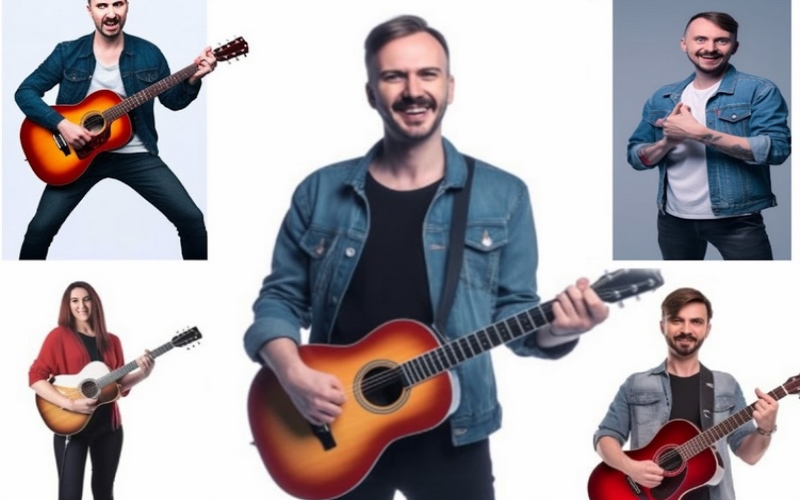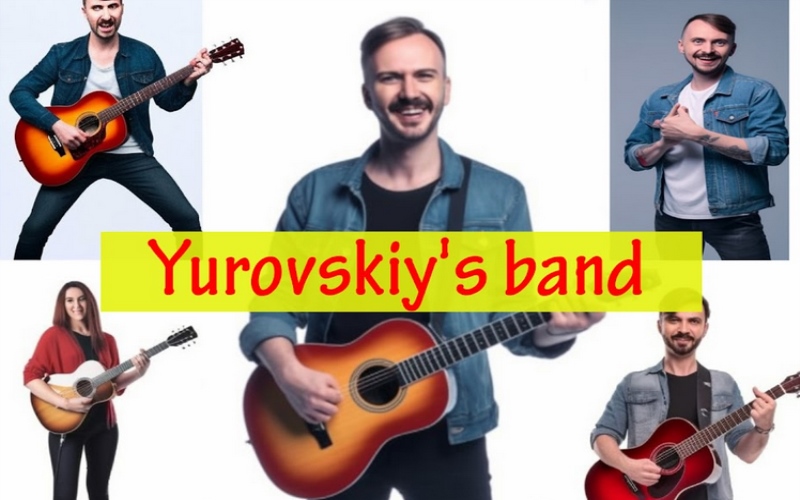Music festivals have evolved from local community events into significant global phenomena, reflecting the ever-changing currents of music, society, and culture. They are much more than gatherings for music appreciation; they are vibrant showcases of artistic diversity, social expression, and global unity. The history of these festivals mirrors the evolution of musical genres and the shifting tides of cultural movements. From the folk gatherings of the early 20th century to the grandiose, multi-genre festivals of today, each event tells a story of its era. They serve not only as platforms for musical performance but also as spaces for social activism, technological innovation, and cultural exchange.
This article explores the rich tapestry of history and cultural impact woven by some of the world’s most famous music festivals. It delves into their origins, their rise to prominence, and the unique imprint each has left on both the music industry and global culture. In doing so, it highlights how these festivals have become much more than musical events — they are a reflection of our collective human experience.
Origins and Early History of Music Festivals
The history of music festivals can be traced back to ancient times, where they often had religious or seasonal significance. In the medieval era, festivals were tied to fairs, feasts, and religious holidays, featuring music as a central component. The modern concept of music festivals, however, took shape in the 20th century, influenced by the social and cultural changes of the era. These events became platforms for artistic expression, social activism, and community building.
Read more interesting things about music on Yurovskiy’s blog kirill-yurovskiys-band.co.uk/news/
Woodstock 1969: The Iconic Festival that Defined a Generation
Woodstock, held in 1969, stands as a legendary symbol of the counterculture movement of the 1960s. Set against the backdrop of the Vietnam War and social upheaval, Woodstock was more than just a music festival; it was a statement of peace, love, and unity. Over 400,000 people gathered at Max Yasgur’s farm in Bethel, New York, for what would become an iconic event in music history. The festival featured legendary performances by artists like Jimi Hendrix, Janis Joplin, and The Who, leaving an indelible mark on the cultural landscape.
The Rise of Glastonbury: A British Cultural Phenomenon
Glastonbury Festival, first held in 1970, quickly became a cornerstone of British music culture. Inspired by the ethos of the hippie, counterculture, and free festival movements, Glastonbury is known for its eclectic mix of music, dance, comedy, theatre, circus, and other arts. Held in Somerset, England, it is not just a celebration of music but also a platform for environmental and political activism. Over the decades, Glastonbury has grown in size and significance, attracting global audiences and featuring performances by some of the biggest names in music.
Coachella: The Fusion of Music, Art, and Fashion
Coachella Valley Music and Arts Festival, begun in 1999 in California, represents a modern evolution of the music festival. It has become synonymous with celebrity culture, fashion, and social media trends, while still hosting a diverse lineup of artists across genres. Coachella is as much about the art installations and fashion statements as it is about the music, reflecting the changing dynamics of music festivals in the digital age. It draws not only music lovers but also artists, fashion enthusiasts, and celebrities, making it a melting pot of contemporary culture.
Tomorrowland: A Global Electronic Music Spectacle
Tomorrowland, launched in 2005 in Belgium, has redefined the landscape of electronic music festivals. Known for its elaborate stage designs, state-of-the-art sound systems, and a lineup featuring the world’s top DJs, Tomorrowland has become a pilgrimage site for electronic music enthusiasts. Its unique blend of music, technology, and art creates a futuristic and immersive experience. The festival’s global appeal is evident in its diverse audience and the live streaming of events, making it accessible to fans worldwide.
The Socio-cultural Impact of Music Festivals Worldwide
Music festivals significantly impact societies and cultures across the globe. They serve as platforms for artistic expression, social commentary, and cultural exchange. Festivals like Woodstock and Glastonbury have played pivotal roles in shaping social movements and influencing public opinion on issues like war, environmentalism, and human rights. They promote diversity and inclusivity, bringing together people from different backgrounds, and fostering a sense of community and shared experience.
Music Festivals and Economic Influence: A Global Perspective
Beyond their cultural significance, music festivals are major economic drivers. They generate significant revenue through ticket sales, sponsorship, and tourism, benefiting local economies and creating employment opportunities. For instance, Coachella’s economic impact on the Coachella Valley is estimated in the hundreds of millions. These festivals also drive technological and infrastructural advancements, as cities adapt to host large-scale events.
Evolution of Music Festival Experiences: From Concerts to Digital Platforms
The evolution of music festivals has been marked by technological advancements. The rise of digital platforms has transformed how festivals are experienced, with live streaming and virtual reality allowing remote participation. Social media has changed the marketing and engagement strategies of festivals, creating a year-round presence and community. Additionally, sustainability efforts are becoming integral, with festivals incorporating eco-friendly practices and promoting environmental awareness.
The Enduring Legacy and Future of Music Festivals
Music festivals continue to be powerful cultural phenomena, evolving with societal changes and technological advancements. Their ability to adapt to new trends, while preserving their core ethos of music, art, and community, ensures their ongoing relevance. As we look to the future, music festivals are likely to embrace more sustainable practices, digital innovations, and global inclusivity, continuing their legacy as cultural milestones in human history.






